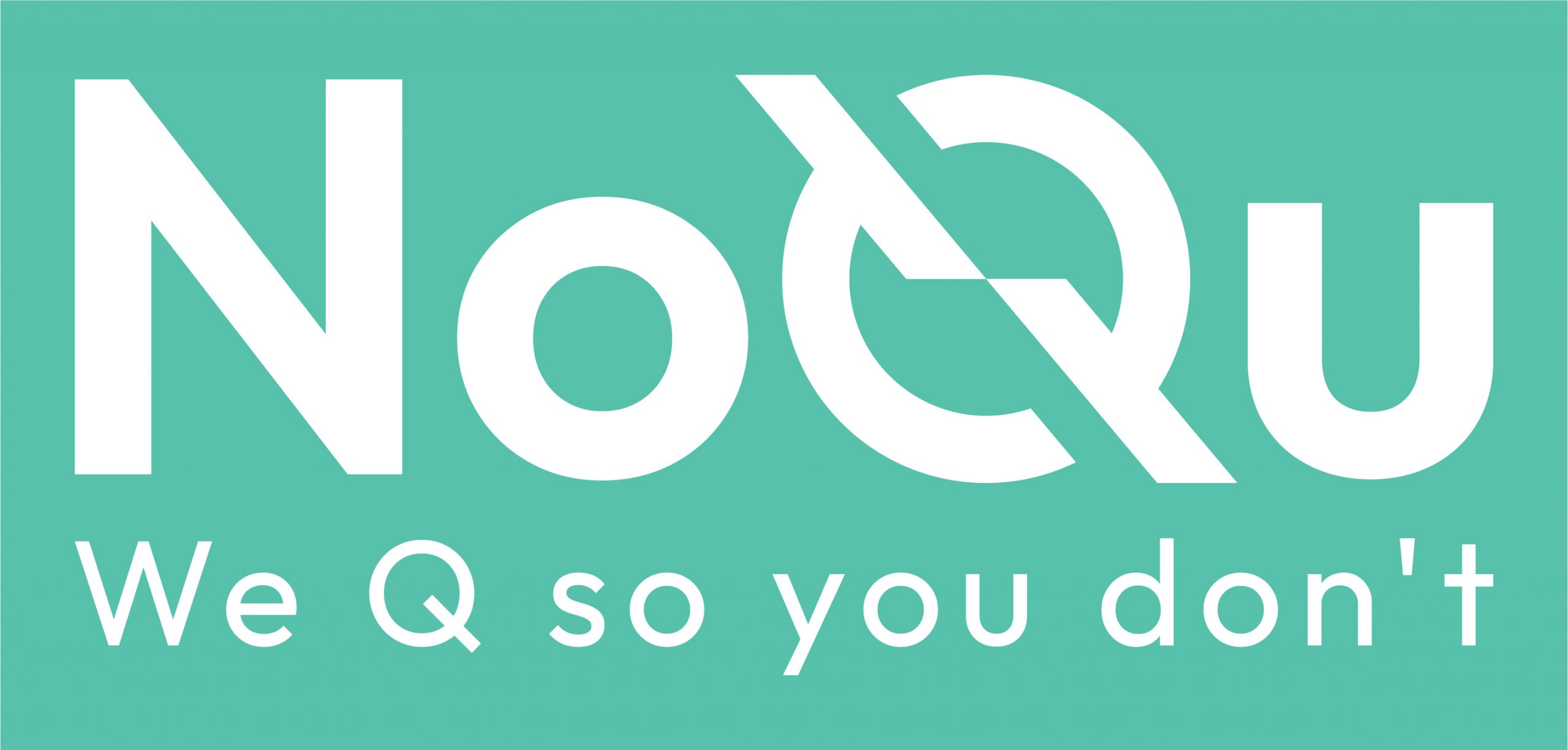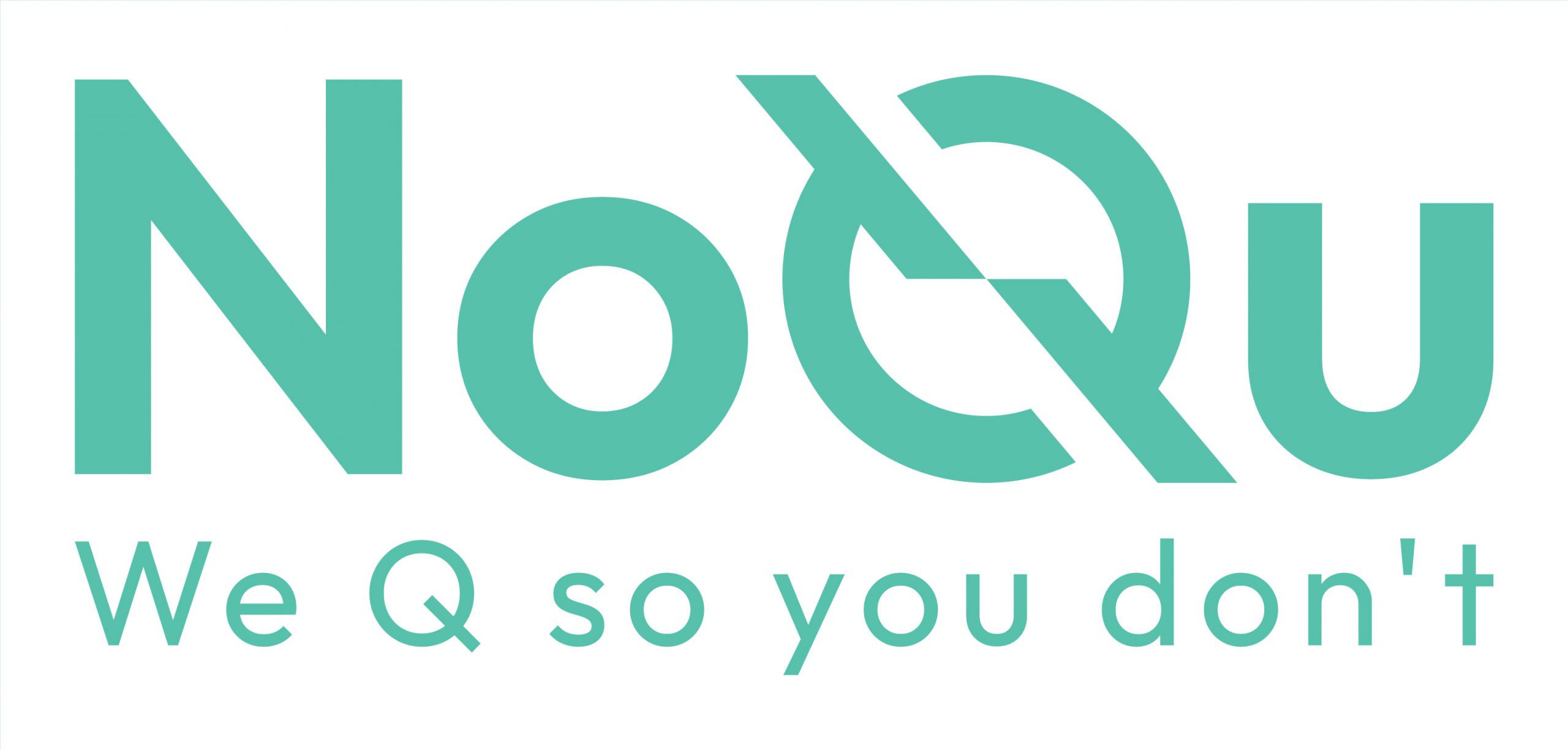Does work day look something like this?
You’ve just settled down with a cup of coffee, ready to tackle a to-do list a mile long. Top of the list? Resolving a minor but irritating issue with your internet provider. You dial the number, navigate through a maze of automated prompts, and then… it hits you.
That maddening, grating, tinny tune known to all as… hold music.
It’s a tuneless dirge that seems designed to sap your will to live, or at least to hang up and consider a life without the internet.
Yes, we’ve all been there, trapped in this auditory purgatory, wondering why on earth hold music sounds so astonishingly bad.
Well, wonder no more!
Today, we are embarking on a journey to uncover why hold music, a seemingly benign tool of customer service, often turns into an aural thorn in our sides.
What Is Hold Music, Really?
Hold music, also fondly known as elevator music, telephone-waiting music, or Muzak (a term that has been genericised from a company that first began pumping music into public spaces), is an integral part of the telephonic customer service experience.
It’s that ubiquitous background noise that fills the otherwise deafening silence whilst you’re placed ‘on hold’ by a customer service representative or waiting for an automated system to process your requests. Often instrumental, and sometimes eerily cheerful, it provides a sort of company to the waiting caller – or at least, that’s the idea.
A Brief History of Hold Music
Hold music is far from a modern invention. In fact, the history is quite fascinating. It originated in the early 20th century when businesses discovered that playing music down phone lines helped to pacify waiting callers.
This strategy became popularly adopted after the creation of Muzak in the 1930s, a company that initially focused on providing background music for businesses and later made its way into the realm of telecommunication.
Over time, hold music’s prevalence has grown with the expansion of call centres and automated phone systems.
Hold music has seen an evolution from the generic, unassuming tunes of the 20th century to the diverse (though some may argue, not diverse enough) repertoire of the present day.
Some companies even employ bespoke compositions or licensed pop tracks to keep their customers entertained – or at least, distracted – during the waiting period.
The Purpose of Hold Music in a Customer Service Setting
Hold music serves a dual purpose in a customer service setting. Firstly, it signals to the customer that they have not been disconnected; their call is still active.
Without it, the silence might lead one to believe they’ve been cut off, leading to redials, frustration, and an overall poor customer experience.
Secondly, hold music is intended to provide a sense of comfort, a soft cushioning during the potentially frustrating wait time.
It aims to keep customers calm and patient, easing the psychological stress of waiting.
Some businesses even strategically pick music with a slower tempo in the hope of slowing a caller’s heart rate and instilling a sense of calmness.
See also: Can you work while waiting on hold?
Why Does Hold Music Sound So Bad?
Hold music sounds bad for the following reasons:
- It’s repetitive and lacks variety
- The audio quality is poor as its transmitted at a low bitrate
- Constant jarring interruptions by a robotic voice
- Hold music triggers a negative emotional response
Let’s explore these reasons in more detail
Reason #1: Too Much Repetition and Lack of Variety
Ever felt like you’ve heard the same hold music for an eternity?
Well, your feeling might not be far from the truth. One of the primary reasons why this insufferable music gets under our skin is due to its repetitive nature.
Businesses often have a limited set of songs or melodies in their hold music repertoire. As a result, callers are subjected to the same tunes looping over and over again.
This lack of variety can exacerbate the frustration of being put on hold, adding to the general sense of ennui.
From a psychological perspective, repetitive sounds, especially when they are not of our choosing, can become bothersome. While repetition in music can be enjoyable (think of your favourite catchy chorus), when overdone or forced upon us, it can trigger annoyance or even stress. So, that endless loop of synthesized strings? It’s not just you. It really can be a bit maddening.
Reason #2: The Issue of Poor Audio Quality
Next on our list of culprits is poor audio quality.
Hold music is often transmitted at a low bitrate, leading to a loss in the richness and depth of the original sound. Technical factors such as audio compression, distortion, and poor equalization can make the music sound tinny, distant, or downright strange.
This sub-par auditory experience is akin to listening to a beautiful symphony through a pair of old, worn-out earbuds – it just doesn’t do the music justice.
These technical issues significantly impact the listener’s experience.
Poor audio quality can be grating on the ears and exacerbate the frustration of being on hold.
It’s a bit like trying to have a conversation in a crowded, noisy room – it’s possible, but not particularly pleasant.
Why Is Hold Music So Compressed?
Because it has to be. Hold music is compressed because traditional telephone systems are not designed to handle high quality audio.
Transmitting voice requires much less data than transmitting music. So, in order to save resources, the music you hear while waiting on hold is playing at extremely low quality for your listening displeasure!
It’s equally compressed for both mobile phones and landlines, so unfortunately there’s no way to make the music sound better (even if you have a high-end handset).
Sadly, it’s just been designed to sound bad.
Reason #3 Unexpected Interruptions Are Jarring
The unexpected jolt from soft music to a robotic voice saying, “Your call is important to us” might be one of the most jarring aspects of the “waiting on hold” experience.
These sudden interruptions and transitions can disrupt our train of thought, causing additional frustration.
The frequent interruptions also add to the feeling of time dragging on.
As you’re continuously pulled out of the hold music ‘zone’, it becomes harder to engage in other activities or thoughts. This makes the waiting period feel even longer and more tedious.
Reason #4: It’s Not Just the Music, It’s the Emotion
Lastly, our emotional associations play a big part in our perception of hold music.
When we hear it, it’s usually linked to a situation we’d rather not be in: waiting for customer service, dealing with a complaint, or sorting out an issue.
These negative situations can colour our perception of the music, making it sound worse to our ears.
The choice of music can significantly impact our mood. Upbeat, fast-tempo music might heighten feelings of impatience or anxiety, while slow, dreary tunes could exacerbate feelings of boredom and frustration.
It’s a delicate balance, and unfortunately, it often tips towards the ‘sounding bad’ end of the spectrum.
The Psychological Impact of Bad Hold Music
Bad hold music is more than just an aural nuisance; it has tangible psychological effects. Unpleasant auditory experiences can cause cognitive distress, disrupting focus and escalating feelings of frustration.
This distress is often magnified by the existing stress of the issue that led to the call in the first place. Bad hold music also impacts businesses by contributing to customer dissatisfaction.
Research links negative on-hold experiences to lowered customer loyalty and heightened complaint rates. One study even found that callers subjected to annoying music perceived their wait times to be longer than they actually were, intensifying their dissatisfaction.
So, far from being a minor inconvenience, bad hold music can significantly impact our psychological state and our relationships with businesses.
NoQu’s Final Thoughts: Striking a Better Note with Hold Music
There you have it.
Our journey through the land of hold music has revealed not just why it often sounds so irksome, but also the profound impact it can have on our psychological state and customer satisfaction.
The repetitive melodies, poor audio quality, sudden interruptions, and negative associations all contribute to its dubious reputation.
However, it doesn’t have to be this way.
In the end, it’s important to remember that hold music serves a practical purpose in our telephone-centric world. But, as we’ve discovered, there’s room for improvement. Here’s to hoping that the future brings a change in tune for hold music – a melody that sounds sweeter to all our ears.



